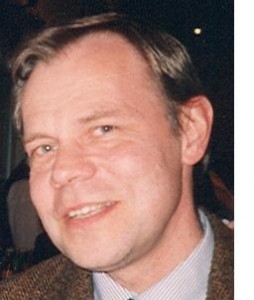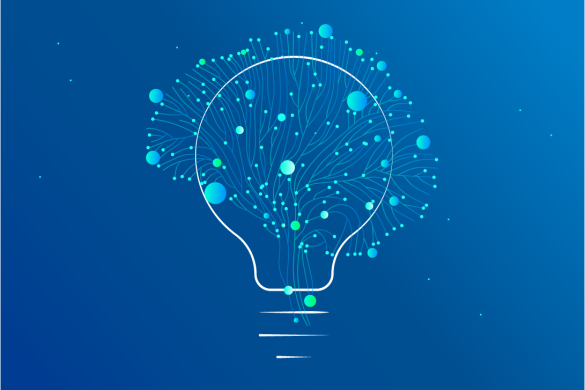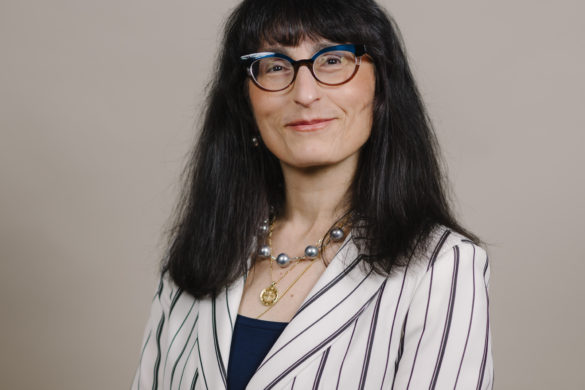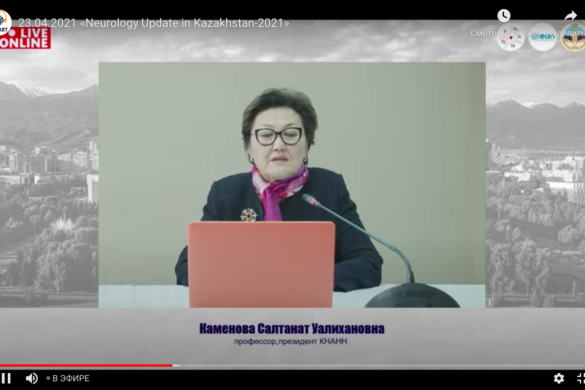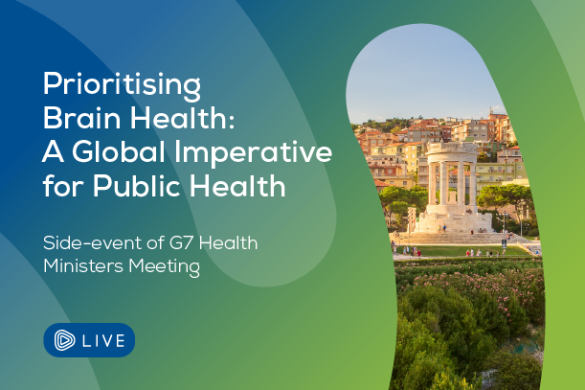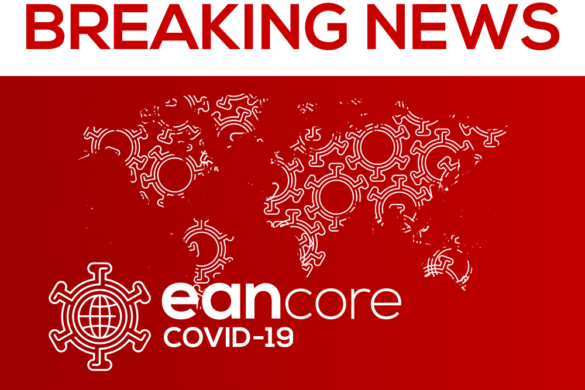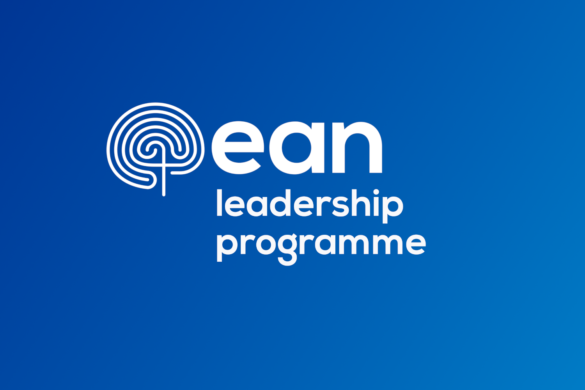In the past 6 months, the EFNS SubCommittee has continued working with the following leader- and membership:
Jan Kuks, The Netherlands – Chairman
Members: Thomas Berger, Austria; Vitalie Lisnic, Moldova; Serefunur Öztürk, Turkey; Ex-officio-member: Jean-Marc Léger (chairman Training & Education committee)
The CME SubCommittee has pursued the following tasks:
1) Publicising EFNS CME activities
2) Recognition of CME Events
3) Co-operation with EACCME
4) On-line CME – European Journal of Neurology and Teaching Courses
5) E-education
Ad 1)
The SubCommittee on CME has informed about its activities, in order to attract more users of our programmes. The committee has thus written several texts to present EFNS CME activities:
• The CME activities have been included in the “Educational Grants” Folder of the EFNS
• In every 3rd issue of Neuropenews the CME articles currently available are announced
• New CME articles are announced on Facebook where EFNS has more than 2500 friends, in the news section of the EFNS website, as well as on Twitter
• All CME activities can be found on the EFNS Website
• People answering all CME questions correctly do not only receive the certificate, but do also have the chance to win an “EFNS package”, including a tie/scarf, Syllabi CD-Rom, etc.
Ad 2)
The SubCommittee on CME has reviewed 3 applications for EFNS certification of scientific meetings:
– Annual Swiss-German-Austrian Epilepsy Meeting, 12-14 September 2013
– 49th National Neurology Congress of the Turkish Neurological Society, 15-21 November 2013 in Antalya, Turkey
– 10th Annual Update Symposium Series on cLinical Neurology and Neurophysiology, 17-19 February 2014 in Israel.
Comment:
Most international scientific meetings ask for accreditation by national accreditation bodies and by EACCME, the official European Accreditation Council. Application for EFNS certification has insufficient added value, also because EFNS is unable to grant credit points that are recognised by the various national bodies. So the number of applications for EFNS certification will remain small.
All Congresses/materials which received EFNS CME approval are highlighted in the EFNS calendar of events.
Two national societies (Turkey and Greece) do ask for approval every year. Other national member societies should be encouraged to have their national conferences approved by EFNS. As soon as the European Academy of Neurology will be founded, the value of such approval will probably be higher than it currently is.
Although the number of applications is small, it is suggested to keep this initiative also for the EAN CME Sub-committee, since it is an uncomplicated process that is appreciated by some providers.
Ad 3)
The future EAN CME SubCommittee should try to be approved as a “CME provider” by EACCME, in order to make it possible to also get accreditation for CME articles, online TCs etc.
Such approval would also be helpful for eBrain, since EAN will be related to eBrain and it should therefore also facilitate the application for eBrain as a provider.
It should be discussed, if a joint EBN/EAN committee could be re-created and in future EAN will be involved in the EACCME accreditation process, as EFNS used to be, in order to have the highest possible input on the accreditation of meetings and material.
Ad 4)
CME articles have monthly appeared in the European Journal of Neurology and online. The articles chosen from September 2013 to May 2014 include 2 EFNS guidelines/ recommendations. For the other issues we chose, as before, articles giving practical, clinical information on neurological diseases useful for all neurologists in Europe.
Since the last congress in Budapest the following articles were selected:
September 2013: Prediction of on-road driving ability after traumatic brain injury and stroke. Aslaksen PM. Et al.
October 2013: Defining pseudoprogression in glioblastoma multiforme. Clement P. et al.
November 2013: Etiology of first-ever ischaemic stroke in European young adults: the 15 cities young stroke study. Yesilot Barlas N et al.
December 2013: Application of the 2010 revised criteria for diagnosis of multiple sclerosis to patients with clinically isolated syndromes. Runia TF et al.
January 2014: Diabetes and thrombolysis for acute stroke: a clear benefit for diabetics. Reiter M et al.
February 2014: Simple variables predict miserable outcoe after intravenous thrombolysis. Seiffge DJ et al.
March 2014: Clinical and imaging characterization of progressive spastic dysarthria. Clark HM et al.
April 2014: EFNS/ENS Recommendations on the diagnosis and management of chronic ataxias in adulthood. Van den Warrenburg B et al.
May 2014: EFNS/ENS Guidelines for the treatment of ocular myasthenia. E. Kerty et al.
The number of participants in this CME activity is gradually increasing. A guideline on how to produce good questions was developed by the committee and is sent to all authors who are asked for questions. This led to an improvement of the questionnaires. (see also: https://www.eanpages.org/?p=5031)
Comment
A list of CME articles currently available is published in Neuropenews www.neuropenews.org. In the newsletter it is also announced that the first three persons who answer all questions of a certain article correctly win an “EFNS package” including presents from the EFNS (tie/scarf etc.)
TC Syllabi for CME – EFNS website:
At previous congresses, questions were collected and put online together with the TC syllabi. This will not be done for the Istanbul congress, since the work related to this (collecting and editing questions, uploading, etc.) is too high. Only a very limited number of persons used this service.
Comment
To learn more about the online CME wishes of our members we put together a questionnaire that must be filled in by the participant after having answered the questions on CME articles or TCs.
The results are:
On average, participants graded the guideline papers, other CME articles as well as syllabi and their questions as very good. We conclude that the guideline on how to write good questions as well as the review of questionnaires has had also here a favourable effect.
Ad 5)
The EFNS e-learning Subcommittee is involved in the E-brain programme. A separate report is available.
March 2014
Jan Kuks works at the Department of Neurology, University Medical Center Groningen, The Netherlands

